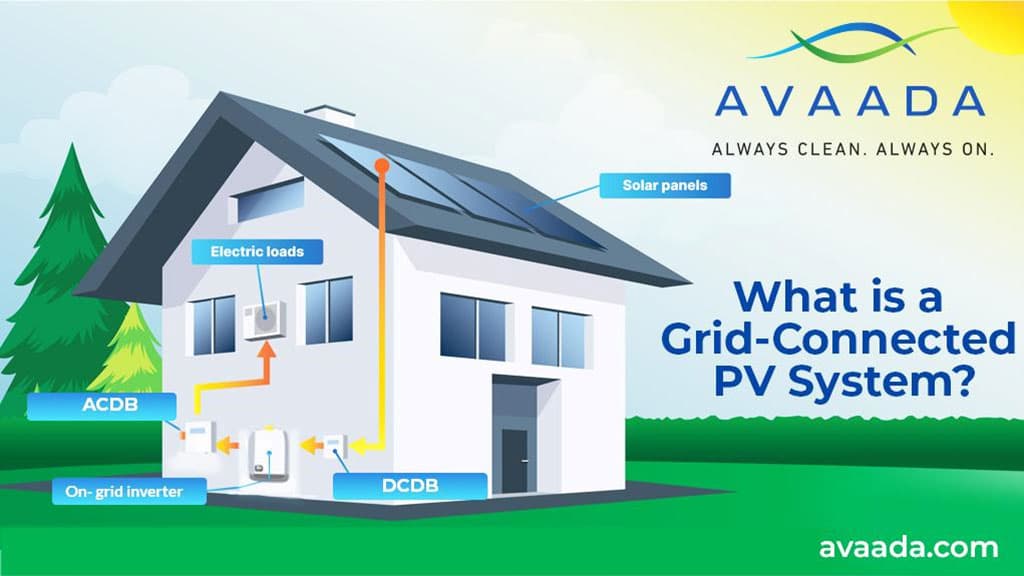As India races toward building a more sustainable energy future, Battery Energy Storage Systems (BESS) are emerging as a vital technology to help stabilise the grid, reduce costs, and enhance efficiency. These systems store surplus clean energy, typically from solar, and deliver it when generation dips or demand peaks, leading to significant economic and reliability gains for utilities and communities alike.
Meeting Growing Power Demand with Smarter Management
With electricity demand soaring and grid reliability posing persistent challenges, BESS provides a powerful solution:
Why Energy Storage Is the Missing Link in Renewables
Reducing Peak-Time Energy Costs for Utilities
During periods of high electricity demand, utilities often encounter soaring energy prices and stretched supply limits. Historically, these demand peaks have been met with flexible yet expensive and carbon-intensive gas or coal-based power generation.
Smart Load Management with BESS
Battery Energy Storage Systems (BESS) offer a smarter alternative. By charging during off-peak hours—when electricity is cheaper or abundant—and discharging during peak demand, utilities can significantly reduce their reliance on costly grid power or inefficient peaker plants. This approach not only trims operating expenses but also helps stabilize prices for consumers.
To learn more about Battery Energy Storage Systems and Green Hydrogen, explore our blog on “Can BESS Work with Green Hydrogen?”
Saving Peak-Time Energy Costs for Utilities
Reducing Peak-Time Energy Costs for Utilities
Utilities often confront steep electricity prices and limited supply during peak demand periods. Traditionally, these surges have been managed by ramping up gas or coal-fired generation solutions that are both expensive and environmentally unsustainable
Smarter Energy Shifting with BESS
Battery Energy Storage Systems (BESS) enable utilities to charge during low-demand, low-cost hours and discharge during high-demand periods. This strategic shift allows them to avoid expensive peak-hour energy purchases and reliance on less efficient peaker plants, leading to lower operational costs and more stable prices for consumers.
In addition, combining BESS with solar farms makes it possible to time-shift energy consumption, enabling the use of solar power harnessed in the daytime during evenings. Avaada’s storage solutions are already assisting utilities in doing so cost-effectively.
Empowering Communities with Reliable and Affordable Power
- Dependable Power in Off-Grid Areas
In regions where grid access is poor or unstable, solar-powered mini-grids with battery storage deliver continuous electricity—eliminating reliance on costly and polluting diesel generators.
For residential clusters, schools, and health centres, battery-backed solar systems provide reliability and constant voltage levels, reducing risks of blackouts and electrical damage. In doing so, BESS increases energy equity by providing clean, reliable power at less cost to everyone.
- Strengthening Local Infrastructure and Equity
These systems support essential services like schools and clinics, powering operations around the clock, improving public health, education, and creating opportunities for small businesses.
Reducing Long-Term Infrastructure Investment
Battery Energy Storage Systems (BESS) help delay or eliminate the need for costly grid upgrades by meeting localized demand—a significant advantage for rapidly growing economies like India. By serving load close to where it arises, BESS reduces stress on transmission and distribution infrastructure.
India’s National Electricity Plan shows that BESS can defer both transmission and distribution expansions while balancing midday solar output and managing evening peaks. Studies estimate that deploying 18–29 GWh of battery storage could postpone extensions of 11,752–15,914 km of overloaded feeder lines, achieving 12–16% in capital cost savings.
To learn more about Battery Energy Storage Systems, explore our blog on “BESS vs Traditional Power Backup“
Avaada's Role in Facilitating BESS Adoption
Avaada, one of India’s leading renewable energy developers, is strategically investing in Battery Energy Storage Systems to enhance its extensive solar portfolio. It delivers integrated BESS solutions for utility-scale projects, commercial facilities, and microgrids.
By combining high-density lithium-ion storage with advanced energy monitoring and optimization software, Avaada enables real-time grid balancing, load forecasting, and energy arbitrage—improving both cost efficiency and reliability.
With its commitment to sustainability, innovation, and grid modernization, Avaada empowers utilities and communities to fully harness renewable energy’s potential.
Conclusion: Smarter Energy for a Sustainable Future
BESS is a cornerstone of modern power planning, cutting operating costs, boosting grid reliability, and deferring infrastructure upgrades. For society, it delivers cleaner, more affordable, and dependable electricity.
As India’s energy demand grows and solar capacity expands, pioneers like Avaada show that the path to true sustainability lies in intelligent integration with BESS at the heart of the transition.









